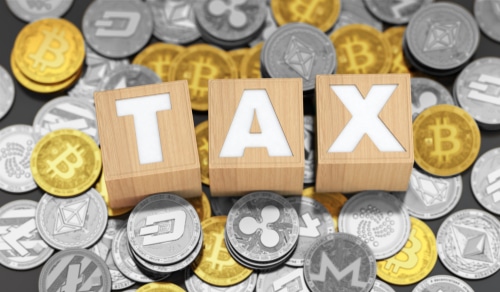On July 22, Korean government will announce the “2020 Tax Law Amendment”, including standards for taxation of cryptocurrency.
According to Yeonhop News, this announcement will include various tax amendment plans will be disclosed, such as changing the VAT simple tax base, reorganizing the Personal Integrated Asset Management Account (ISA) system, virtual asset tax base, supplementing tobacco tax, and reorganizing the financial tax system.
Hong Nam Ki, Deputy Prime Minister and Minister of Economy and Finance, mentioned at the interview with Moneytoday in January, “It is correct to be taxed if the transaction in the form of assets is profitable.” He added, “It is not easy to capture the tax revenue of virtual currency income. We will focus more on speeding up the virtual currency taxation measures this year. This remark seems to be conscious of the tax controversy that Bithumb paid last year for tax payments of 80 billion KRW. At the time, the industry pointed out, “There is still no legal definition of cryptocurrency in Korea, so the basis for taxation is weak, and it is unreasonable to tax based on the amount of withdrawal regardless of whether or not it is a transaction income.”
On June 17, Deputy Prime Minister Hong revealed at the general meeting of the Strategy and Finance Committee of the National Assembly, “We will announce the issue of taxation of virtual currency in July.” He said, “This year, while preparing a tax reform plan, we are working on refining the tax system for various items and tax categories.”
It was revealed that in May, the Ministry of Economy and Finance plans to include taxation on profits from such as ICOs and mining in the amendment to the Income Tax Law. The ministry intends to tax based on the principle of ‘tax on every profits’ and plans to tax the capital gains or other income taxes on the profits obtained by cryptocurrency transactions by domestic and foreigners. At that time, government said, “After the review of the revision of the income tax law, the taxation plan of the virtual currency will be included in the next year’s tax law amendment.” The tax amendment plan will be presented to the regular assembly in September after it was announced on July 22nd.
The industry believes that capital gains tax is the most prominent source of cryptocurrency. The Ministry of Economy and Finance has long struggled to classify cryptocurrencies into capital gains and other income taxes. Taxation of capital gains tax has the disadvantage that it is complicated to set the standard market price of cryptocurrency transactions and to calculate the trading margin, and taxation of other incomes has to be dependent on voluntary reporting by individuals. The exact cryptocurrency details will be revealed in the tax law amendment on the 22nd.
번역: 김동우 기자
관련
기사제보 및 보도자료: press@blockmedia.co.kr
▶ 블록미디어 유튜브 바로가기 https://www.youtube.com/blockmedia
▶ 블록미디어 텔레그램 바로가기 https://t.me/blockmedia
▶ 블록미디어 페이스북 바로가기 https://www.facebook.com/blockmediakorea/

